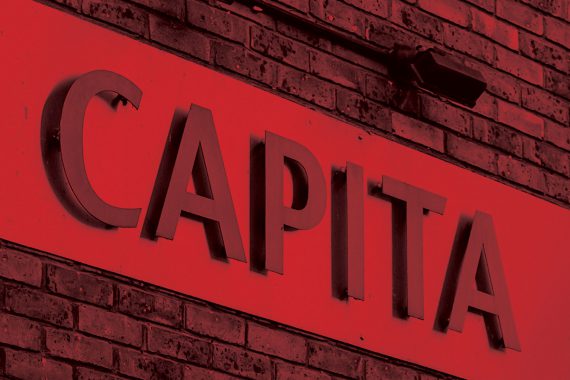GPC advises registrars not to practise due to Capita performers list error

The GPC has warned GP registrars they may not be lawfully allowed to practise due to delays by Capita in registering them to the performers list.
The GPC issued a warned that the delays in processing applications, a service now provided by Capita, could lead to trainees having to temporarily pause their training, and has serious implications for training practices.
Trainees have a three-month window from the start of specialty training in which they can practise while their registration is processed, and Capita said they are processing ‘the vast majority’ of applications within these required timeframes and were working with deaneries to ensure trainees complete their application correctly.
But GPC chair Dr Chaand Nagpaul said in an email to LMCs that they are aware of delays ‘beyond the three-month window’ and have advised those trainees to stop practising until they are put on the performers list.
The GPC has also advised trainees to sidestep Capita’s processes and go to NHS England’s area teams directly when an application is being held up, as area teams may be able to ‘intervene’ even when Capita thought the application was incomplete.
Dr Nagpaul told LMCs: ‘The BMA is aware that there have been delays in processing applications for GP trainees in England for the performers list beyond the three month window for applications to be processed.
‘We understand that this has serious implications for both trainees and practices and we have sought legal advice on this issue.’
He added that if a trainee is reaching the end of the three-month grace period they ‘should contact their NHS England local area team personally to ask for their intervention. They could intervene urgently to consider the application, irrespective of whether Capita considers it to be complete.’
It is not clear how many trainees are affected at present and the GPC’s lead on support services issues, Dr Ian Hume, told Pulse he was waiting to hear back from Capita whether this was an isolated issue, or whether it was more systemic.
He said: ‘I still don’t know whether we are talking about one or two doctors, who have gone over the three month mark, or whether we’re talking about several hundred.’
He added that the GPC has heard from registrars having to ‘chase applications up’ or coming to the end of the grace period, so they issued the update this week ‘to be clear of what the legal position was’.
Dr Hume said: ‘After the three months has lapsed you either have to be on the performer’s list – in which case the responsible officer may be able to do it, albeit with restrictions – or you can’t work.’
GP practices have struggled with disruption to support services since Capita took on the national contract earlier this year, and Pulse reported last month that practices are still contending with a huge array of issues as a result of the handover from what was previously locally delivered services.
A Capita spokesperson said: ‘We are working to support NHS England to ensure that every application is processed correctly. In the vast majority of cases, where applications are supplied with all supporting documents they are being processed within the required timeframes.’
They added that NHS England has the final say on who is admitted to the performer’s list and Capita’s role is limited to ‘administering the application process’.
Capita problems continue
NHS England announced it had awarded the contract to Capita last year after tendering the service in a bid to significantly reduce its costs.
It took over the provision of services from teams that were previously local, and well-known to practice managers.
But since the handover, practices have reported delays in moving patient records, receiving supplies and missing payments and pensions contributions, including GP registrar payments which Capita were ordered to investigate.
GPs and practice managers have told Pulse these issues are exacerbated by a lack of responsiveness to phone calls and emails to the support centre operated by Capita’s ‘Primary Care Support England’ arm.
Pulse reported last month that practices are still contending with a huge array of issues as a result of the handover.









